
The Future Is Faster Than You Think
How Converging Technologies Are Transforming Business, Industries, and Our Lives
ISBN: 9781982109660
Pages: 384
Recommendation
Inventor and futurist Ray Kurzweil predicts that the next 100 years will bring as much technological progress as the previous 20,000. Humanity is currently experiencing an unprecedented rate of change. That change accelerates as science-fiction tropes – flying cars, robot surgeons, even Star Trek’s immersive holodeck – become real. Peter H. Diamandis and Steven Kotler offer a tour of exciting and imminent innovations, and predict their profound effects on industry, culture, science and daily life.
Summary
About the Authors
Peter H. Diamandis has founded more than 15 high-tech companies. He is the CEO of XPRIZE, which aims to find crowdsourced solutions to humanity’s greatest challenges. Journalist Steven Kotler is the founder and executive director of the Flow Research Collective.








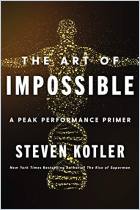

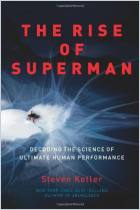
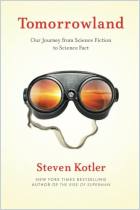
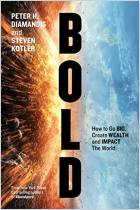
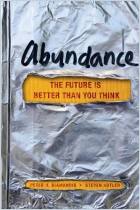
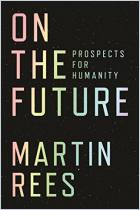
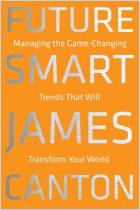
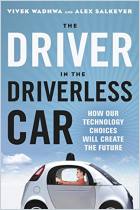
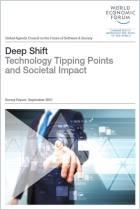
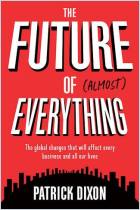







Comment on this summary